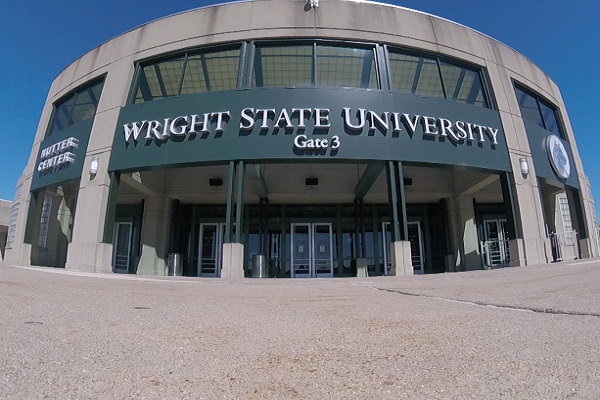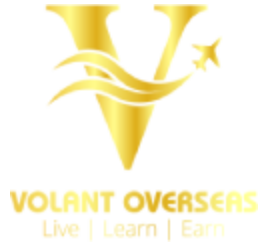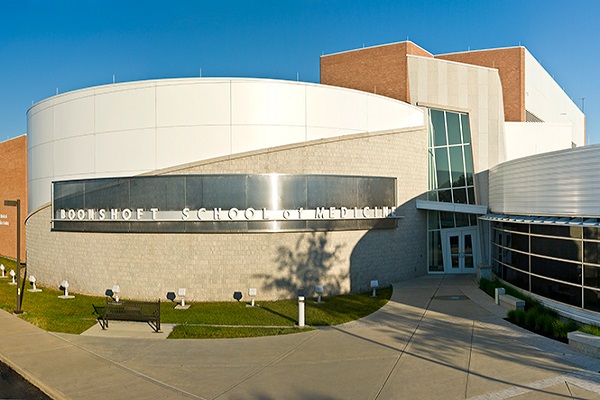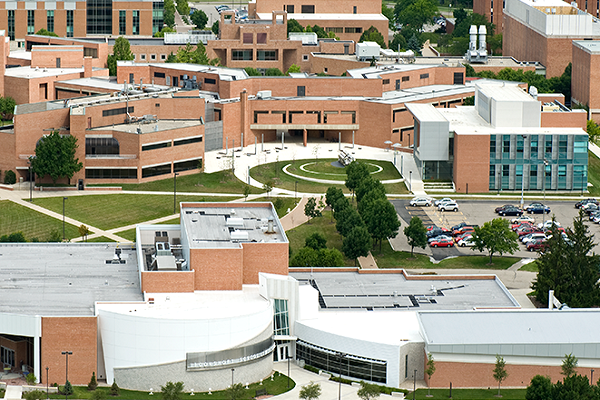
| Duration | 1.5-2 Years |
|---|---|
| Level | Masters Program |
- Wright State’s Microbiology and Immunology program has established a tradition of producing graduates who excel as doctors, dentists, and veterinarians in Ohio, across the U.S., and in countries around the world
- The program leading to the Master of Science degree in microbiology and immunology prepares students for careers as professional microbiologists/immunologists in industry, government, education, and research organizations, or for further professional training. Areas of specialization in the Microbiology and Immunology program include indoor allergies, basic and clinical immunology, retrovirology (retroviral variation, HIV, endogenous retroviruses), immunotoxicology, viral pathogenicity, vaccine development, immunoparasitology of ectoparasites, microbial ecology, immune modulation, algal toxins, inflammatory and immune effector cell function, cytokine signaling and apoptosis
- The M.S. degree in microbiology and immunology requires the submission and oral defense of either a research-based or literature-based thesis. Candidates are required to obtain a major advisor and an advisory committee. For the research-based thesis, the advisory committee will help formulate a study program to include a minimum of 17-semester credits of graduate work, including two seminars with an M&I prefix and 13-semester credits of research (which could include journal clubs, seminars, or special topics). For the literature-based thesis, the student, with assistance from the advisory committee, will select the additional courses required to fulfill the 30-semester credit limit. The advisory committee will also provide counseling and evaluate student progress. If a student is uncertain of a major area of concentration, the program director will serve as a temporary advisor until the student selects an area and is accepted by an advisory professor
- Areas of specialization:
- Molecular genetics
- Microbial physiology
- Immunology
- Human neutrophils
- Host immunology/parasite relationshipsMicrobial ecology
- Immunotoxicology
- DNA and conventional vaccine development
- Retrovirology (HIV)
- Environmental microbiology
- Inflammation
- Virology
| Fees components | Amount |
|---|---|
| Tuition & fees | 1412507 INR |
| Hostel & Meals | 460387 INR |
| Insurance | 180170 INR |
| International Fee | 21972 INR |
| Books | 58006 INR |
| Residence Activity Fee | 4394 INR |
| Residence Communication Fee | 14648 INR |
| New Student orientation Fee | 1831 INR |
| Total | 741408 INR |
Entry Criteria
| Class 12th | No specific cutoff mentioned |
|---|---|
| Bachelors | No specific cutoff mentioned
|
| Exams | TOEFL: 79 IELTS: 6 PTE: 57 |
| Additional info |
|
Contact form












